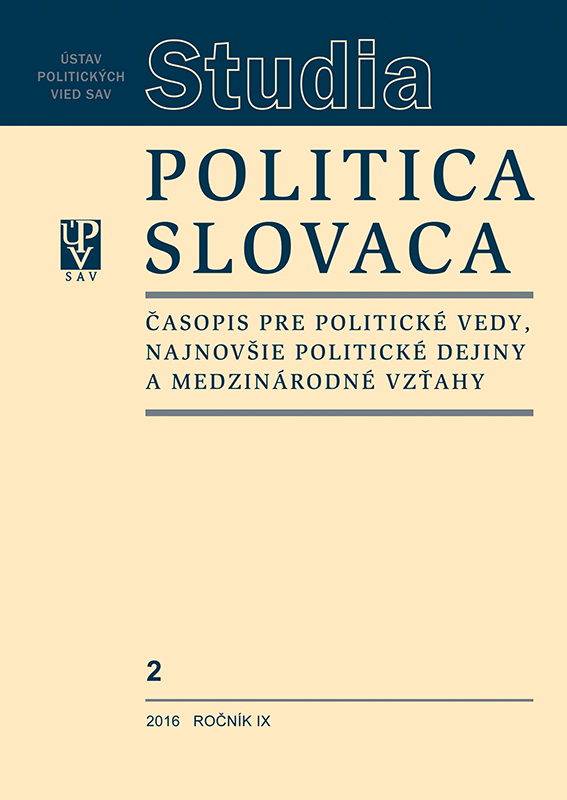Sarajevský atentát a zákulisie medzinárodnej politiky
The Sarajevo assassination and the backstage of international politics
Author(s): Ferdinand VrábelSubject(s): Politics / Political Sciences, Military history, Political history, Pre-WW I & WW I (1900 -1919)
Published by: SAV - Slovenská akadémia vied - Ústav politických vied Slovenskej akadémie vied
Keywords: Sarajevo; assassination; Unification or Death; Dimitrijević; Thessaloniki; trial
Summary/Abstract: In addition to profound economic and political reasons, there were a number of immediate events preceding the First World War, which acted like a trigger; one of such momentous events was the assassination of the Austro-Hungarian heir to the throne Archduke Franz Ferdinand d‘Este and his wife Sophie Chotek, Duchess of Hohenberg. Even a hundred years later, many of the details of the murder are still shrouded in mystery; surrounded by various rumors and allegations, the assassination is still a vivid theme that keeps intriguing historiography. One of the theories associated with the tragic Sarajevo events of June 28, 1914, is the role of Russian counterintelligence in the assassination. A new light on the role of Russia, or, more precisely, on its involvement in the killings, has been shed by new Russian historiography in a number of studies, which drew on the previously little-known Serbian and Russian sources. Nearly three years following the Sarajevo assassination, a trial was held in Thessaloniki, the then headquarters of the Serbian Army, with members of the clandestine organization „Unification or Death“, which ended with the conviction and execution of three of the defendants. Even though the original grounds for the trial were to investigate alleged preparations for the assassination of Prince Alexander in 1916, legal materials partly illuminate the events of Sarajevo in June 1914 and also refer to the alleged involvement of the Russian counterintelligence.
Journal: Studia Politica Slovaca
- Issue Year: IX/2016
- Issue No: 2
- Page Range: 74-85
- Page Count: 12
- Language: Slovak

